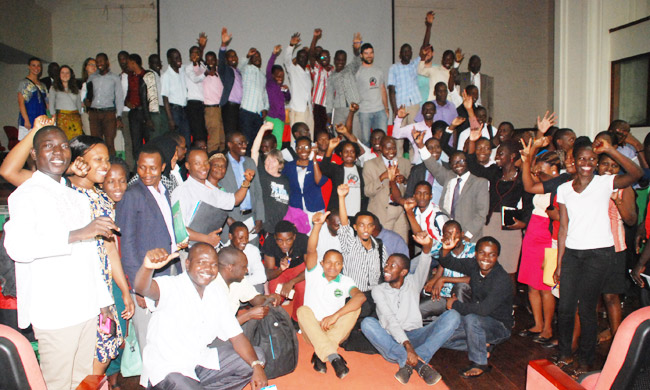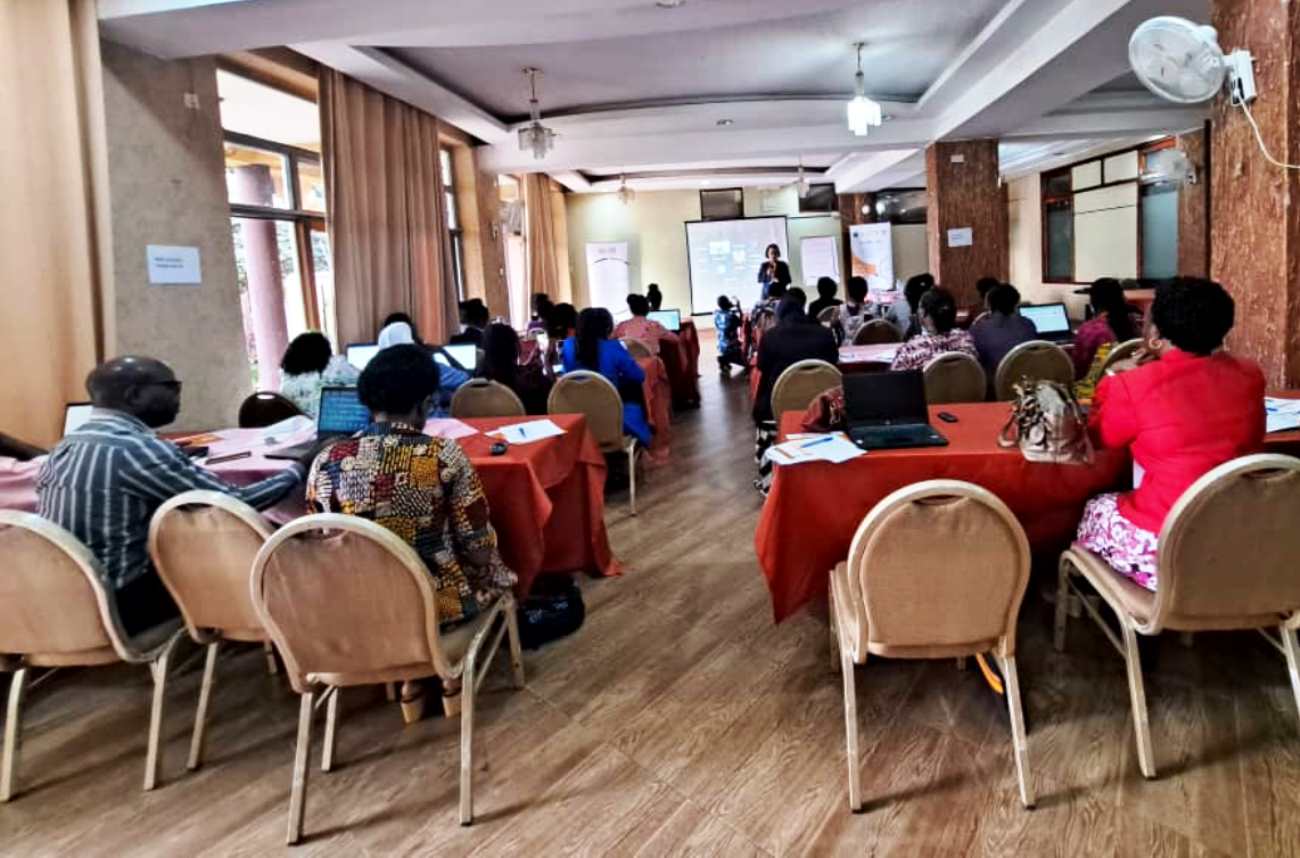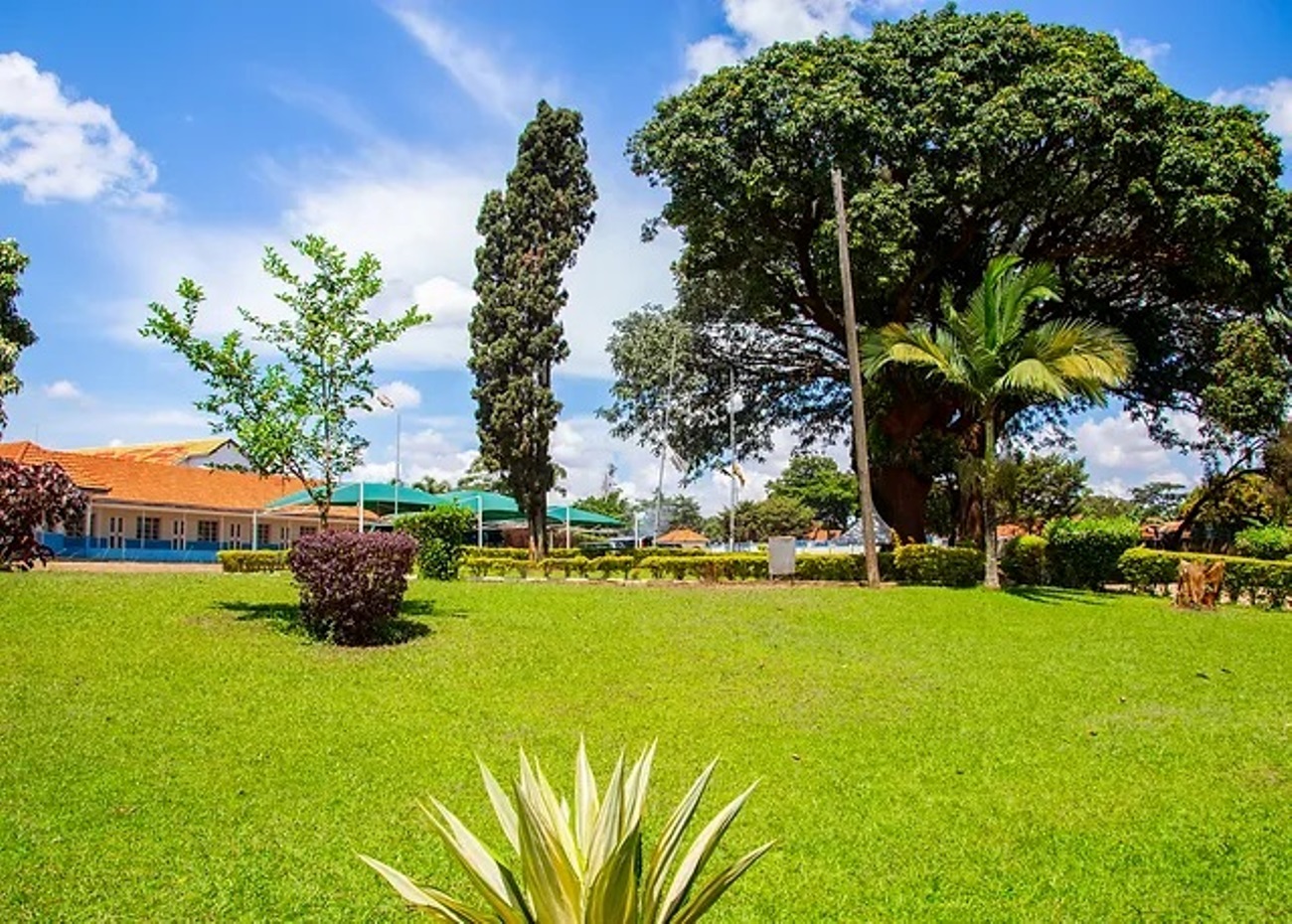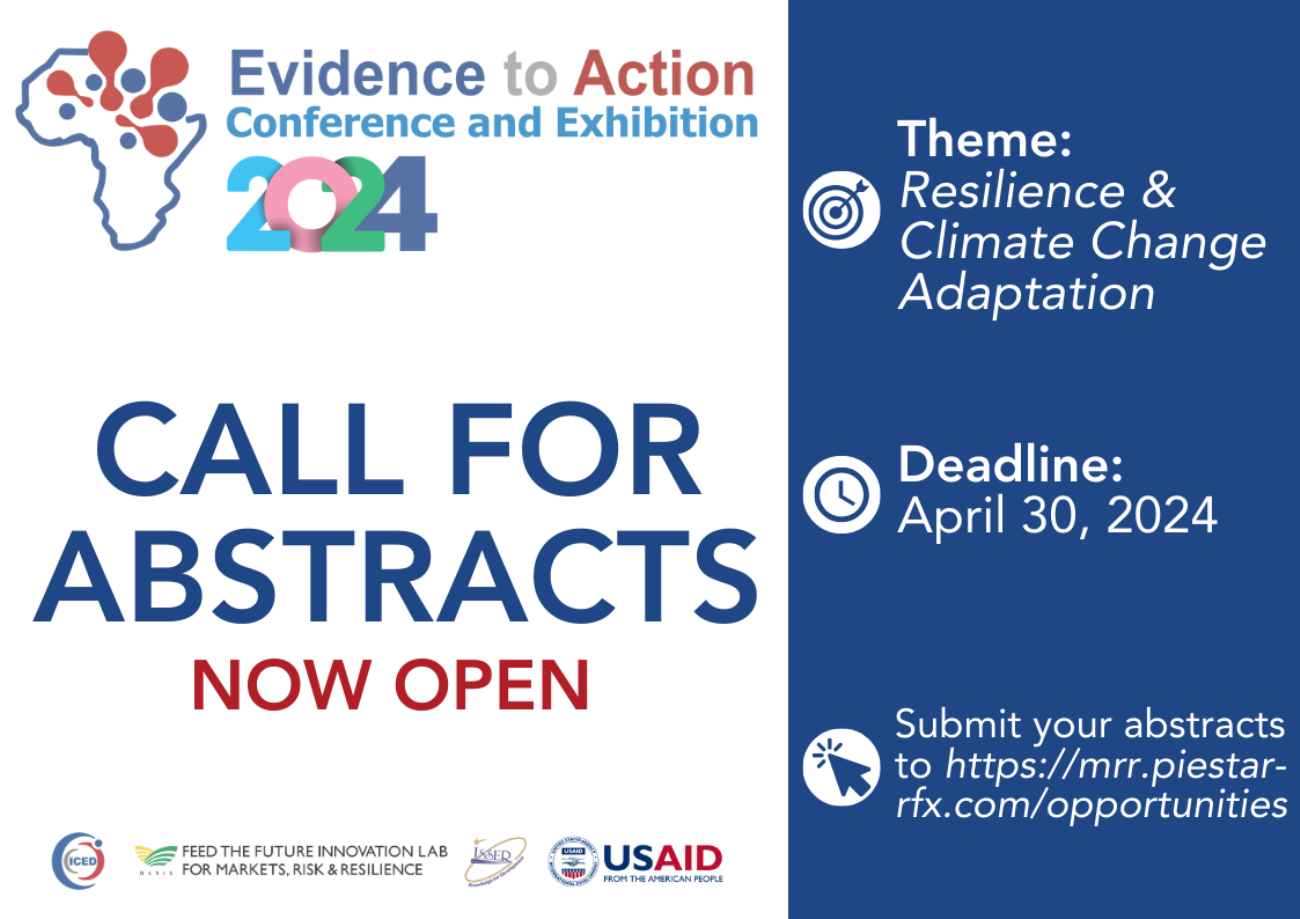To stimulate economic growth and development in African countries, participants at the 5th International Scientific Meeting emphasized the need to actively engage the youth in designing and implementation of community livelihood and health programs.
“Youth comprise the highest population in most of the African countries. They are bright, energetic young leaders with a wide and open mind. This provides us with a golden opportunity and a need to harness their socio-economic potential, utilize their abilities in research and community development,” stressed the participants.
Convening in the Makerere University Main Hall, from 30th June- 1st July 2016, Scientists, Professors and Researchers from different parts of the world shared knowledge and ideas on how to reduce poverty, boost trade, enhance resilience of livelihoods, improve human livelihood, and ensure Africa’s health security.
Participants guided by the theme, Sparkling Innovations for Sustainable livelihoods and Health in Africa, showcased numerous research projects to demonstrate the impact of international and regional partnerships on Sustainable Livelihood and Health in Africa.
The 5th International Scientific Meeting was organized by Makerere University College Veterinary Medicine, Animal Resources and Biosecurity under the sponsorship of Regional Universities Mediated Partnerships for Enhancing Livelihoods and Health in Africa (RUMPHELA). The conference was officially opened by the Makerere University Deputy Vice Chancellor in-charge of Academic Affairs, Associate Professor Ernest Okello Ogwang.
In a speech read by Associate Professor Okello Ogwang, the Vice Chancellor of Makerere University Prof. John Ddumba-Ssentamu said the is in line with the auspices of partners and the Government of Uganda.
“Through these partners, the College has conducted Short-term training in International Cultural Boma, International Summer Schools, International Scientific Meetings, workshops, in-training leadership and community service learning. Supported laboratories and to date, Government of Uganda has offered more support for the laboratories in Biosecurity and Zoonoses,” he said.
During the conference meeting, participants shared ideas on improving the animal sector with a particular consideration for animal health and safety, production and consumption of healthy and safe animal resource products, provision of healthy and safe grounds to people involved in animal production as well as tapping into the opportunities for job creation and employment.
To achieve this, participants commended the need to develop their scientific research and ideas in line with entrepreneurship and business development with an essential element of income generating skills and job creation. In addition, they encouraged fellow scientists to always provide factual data and information on the various research projects/programs in time to allow an effective and instrumental timeline for youth engagement.
Giving a key note address on improving livelihood, the Permanent Secretary of the Ministry of Gender and Social Development, Mr. Puis Birigimana said that institutions should actively engage the youth when designing and implementing livelihood and community programs. Mr. Birigimana said the youth are more productive, business oriented with an influential effect on the African countries’ economic status.
“Youth constitute the highest population percentage in Uganda. Therefore leaving them behind creates a bigger gap between prosperity and stagnation. We need to make a fruitful engagement with them, especially in scientific programs. This is because youth are more productive, prefer agricultural activities and they are young, bright and energetic,” he said.
Citing the youth livelihood program designed and implemented by the Government of Uganda in order to reduce the high rate of unemployment and poverty among youth, Mr. Birigimana highlighted that the government’s strategy to actively engage the youth has yielded success in poverty alleviation in Uganda. He also mentioned that the project has witnessed more employment benefits, improved the incomes and instilled a saving culture among the youth.
“Always listen to the young people. Interact with them in a cool and humble way. I assure you it works very well. We used this strategy in the Youth Livelihood Program and we recorded success,” said the Permanent Secretary.
Highlighting the role of higher institutions of learning on human capital development, the Principal of Makerere University College of Veterinary Medicine, Animal Resources and Bio security, Prof. John David Kabasa said that African countries should address human capacity in the current education system.
Besides designing youth centered livelihood programs, Prof. Kabasa said that the education system should provide the essential element of practical skills where a person is in position to work for oneself and change oneself to a transformative capital.
He reiterated the need to change the current education system of an African child urging that a single person should have several values and skills in addition to the general knowledge.
“Give the youth a livelihood not labor capacity because that was earlier given and no longer exists. As experts we need a paradigm shift. In this current generation, it does not matter how many resources you have. If you don’t know how to use the resources, they will never be enough,” he said.
Prof. Kabasa called for the vocationalization of the education system in Africa. According to him, the current education system has depended so much on infusing knowledge leaving humans with what he termed as malnourished human capacity.
‘’If we teach and lead today as we taught yesterday, we rob our children of tomorrow. There is therefore a need for higher institutions to change the ways of learning in order to deliver knowledge passed on following systematic manner. They need a different thinking package of competences in order to enhance livelihoods,” Prof. Kabasa explained.
The Dean, School of Biosecurity, Biotechnical and Laboratory Sciences at the College of Veterinary Medicine, Animal Resources and Biosecurity, Associate Professor Frank Mwiine recommended the need for Uganda to host several conferences similar to the 5thInternational Scientific Meeting to provide solutions to emerging societal challenges.
“As you may be aware, Uganda is facing many challenges like any other country in the world. We, scientists should commit ourselves to transforming our societies in order to have a better and meaningful life,” he advised.
Associate Professor Mwiine thanked the organizing committee for ensuring that the 5th International Scientific Conference was a success. The conference meeting climaxed with a certificate awarding ceremony.
This year’s meeting started with a summer course for international students and collaborators from 6th -9th June 2016 to expose participants to one health concepts, food production, biosecurity, hygiene/ safety and public health. This was followed by community outreach activities for two weeks in the Districts of Kampala, Tororo, Mbale, Bukedea, Soroti, Kaberamaido, kibale, Kasese and Kiruhura. Participants were also able to share their field experience in the two days (28th and 29th June 2016) international cultural Boma.
Since its inauguration in 2011, the International Scientific Meeting has enabled the College Veterinary Medicine, Animal Resources and Bio-security record more achievements including the transformation of Faculty of Veterinary Medicine to an industrial value chain geared College.
Article by: Mak- Public Relations Office
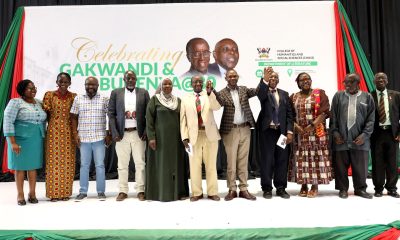
 Humanities & Social Sciences1 week ago
Humanities & Social Sciences1 week ago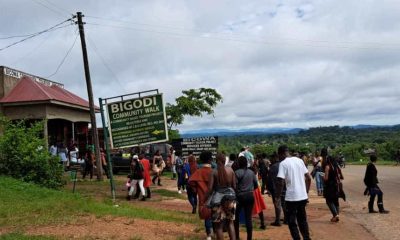
 Agriculture & Environment2 weeks ago
Agriculture & Environment2 weeks ago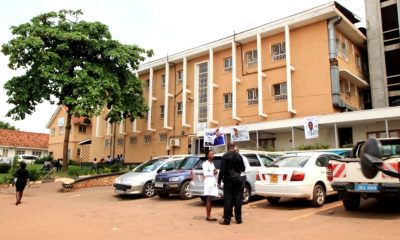
 Health2 weeks ago
Health2 weeks ago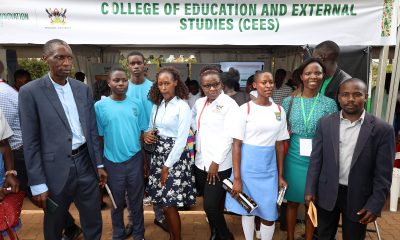
 Education2 weeks ago
Education2 weeks ago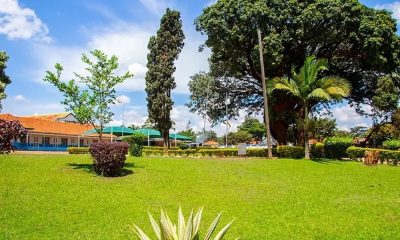
 General2 weeks ago
General2 weeks ago